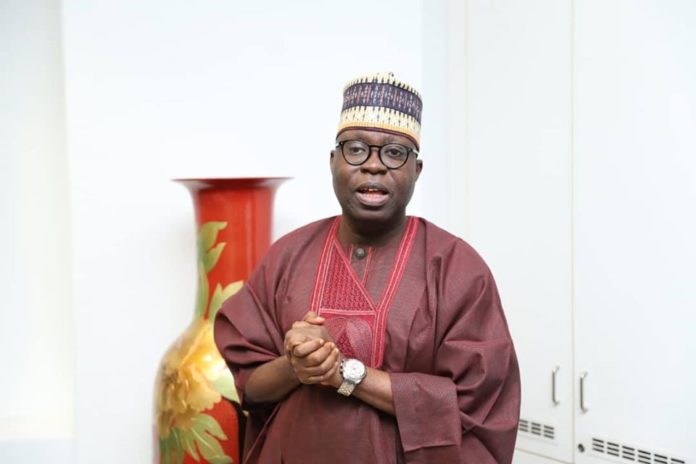As negotiations between labour unions, federal and state governments as well as the organised private sector on minimum wage continue, I urge all parties to be realistic in proposals to ensure an agreeable and speedy resolution.
For labour unions, I advise that they consider the reality of government revenue, particularly from oil, which is the mainstay of the Nigerian economy. It should be noted that while crude oil price per barrel was $124 as at June, 2023, it is now $90. No one is sure how price will fluctuate in the near future, judging by the withdrawal of Angola from the Organization of the Petroleum Exporting Countries (OPEC) due to limitation of supply placed on the country. OPEC limited Angola’s supply to one million barrels per day while the country believes it needs up to 1.2 million barrels per day.
For the federal and state governments, it is important for both the executive and legislative arms at both levels to cut down the cost of governance and political office holders and officials to shun flamboyant lifestyle to convince the labour that governance reflects the reality of shortage of funds which necessitates sacrifice for a better future by all stakeholders.
I also advise private sector employers to embrace agreeable positions so that workers will see that their welfare and well-being are of great interest to their employers.
Once all parties approach the negotiation with realistic intentions and and emphasis on workers’ well-being, agreements will be easier to reach, and Nigerians will be able to create wealth through the opportunities that a new minimum wage regime brings.
I urge all parties to put the interest of the survival and prosperity of Nigeria as their overall top priority. This will help Nigeria a great deal and facilitate our shared desire for a prosperous country.
May President Bola Tinubu succeed in his efforts to build a safe and prosperous Nigeria.



















